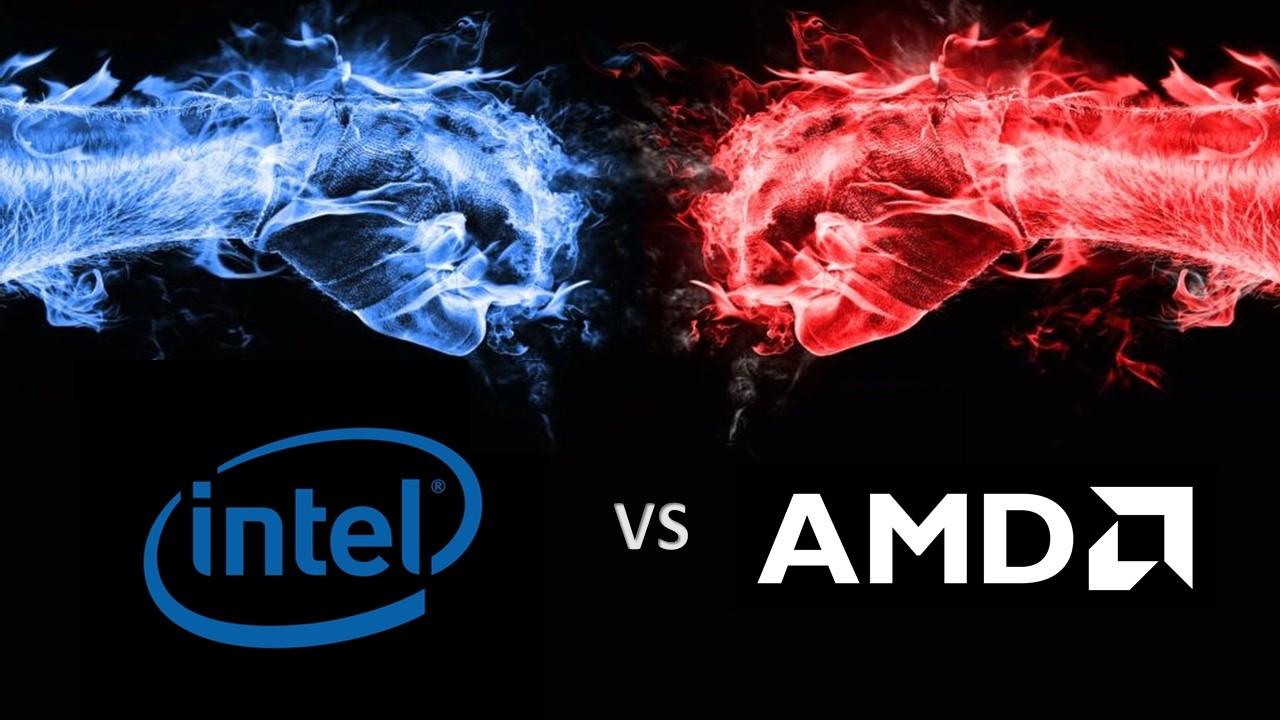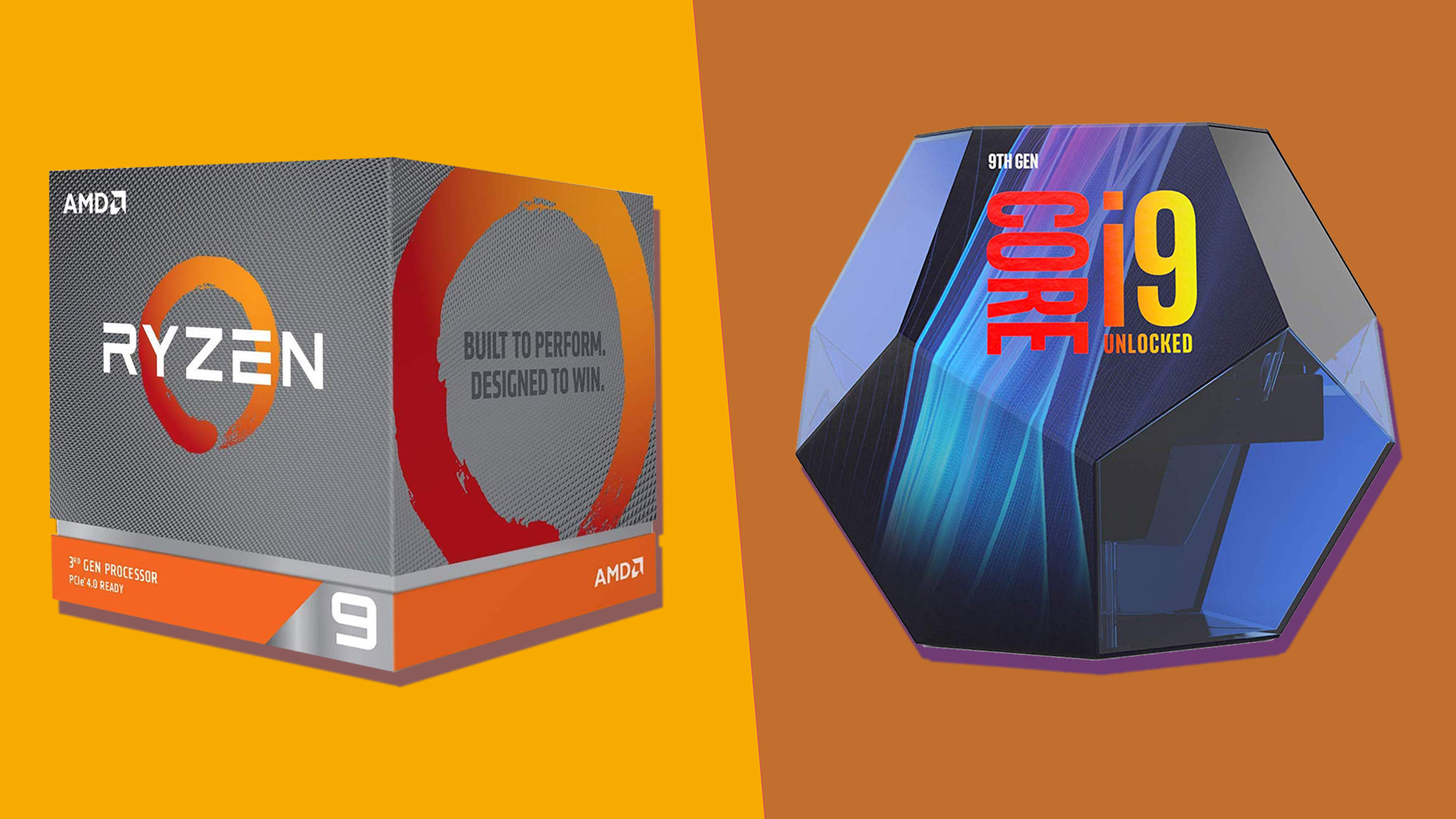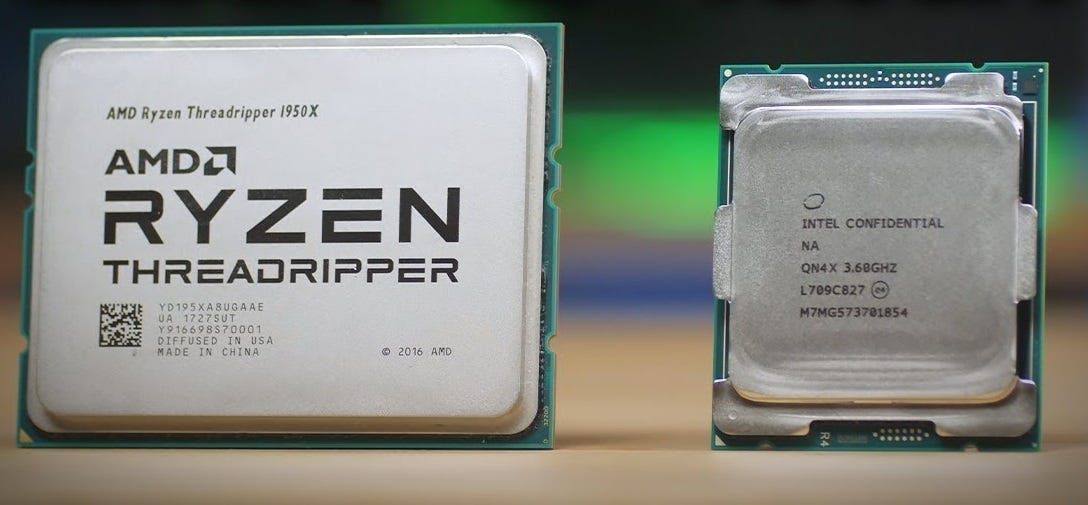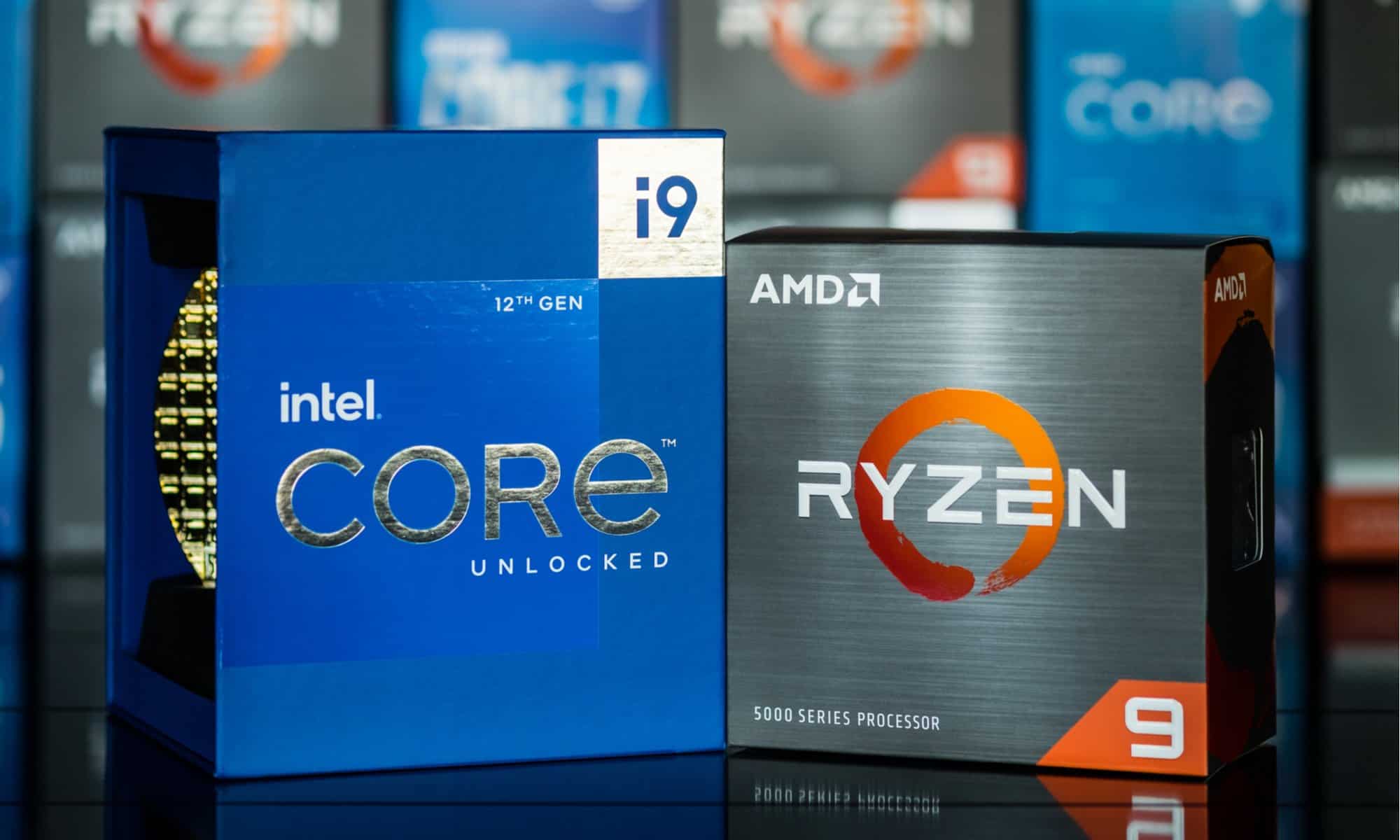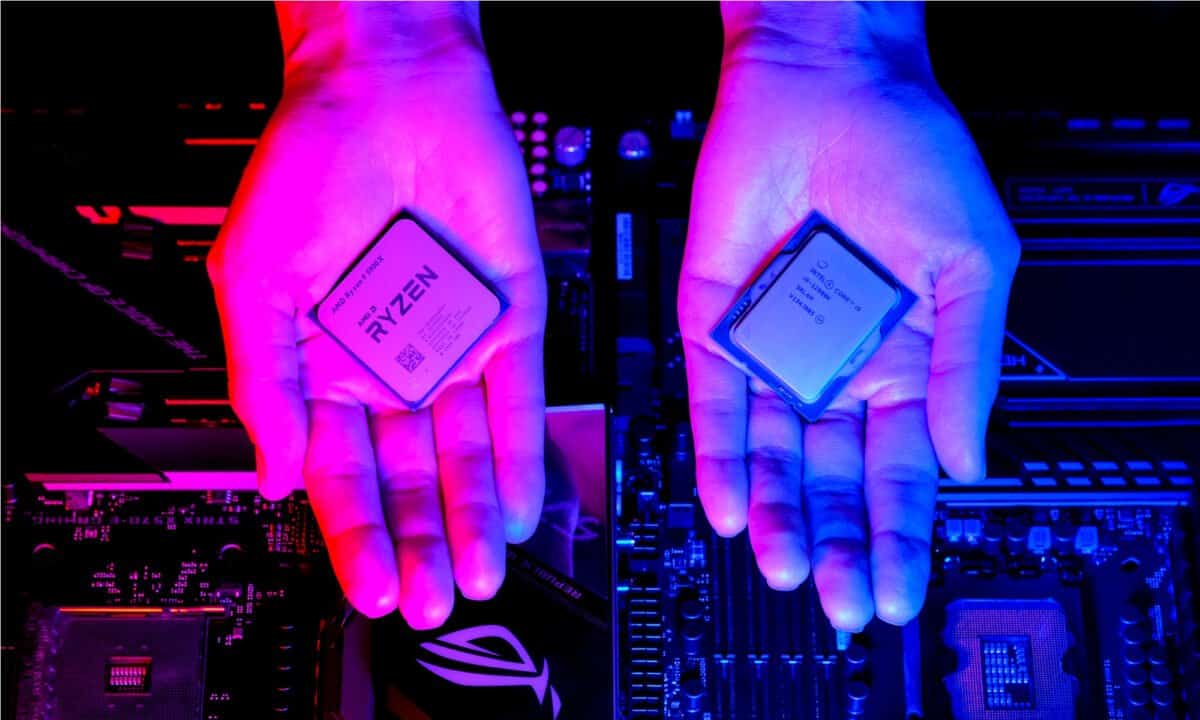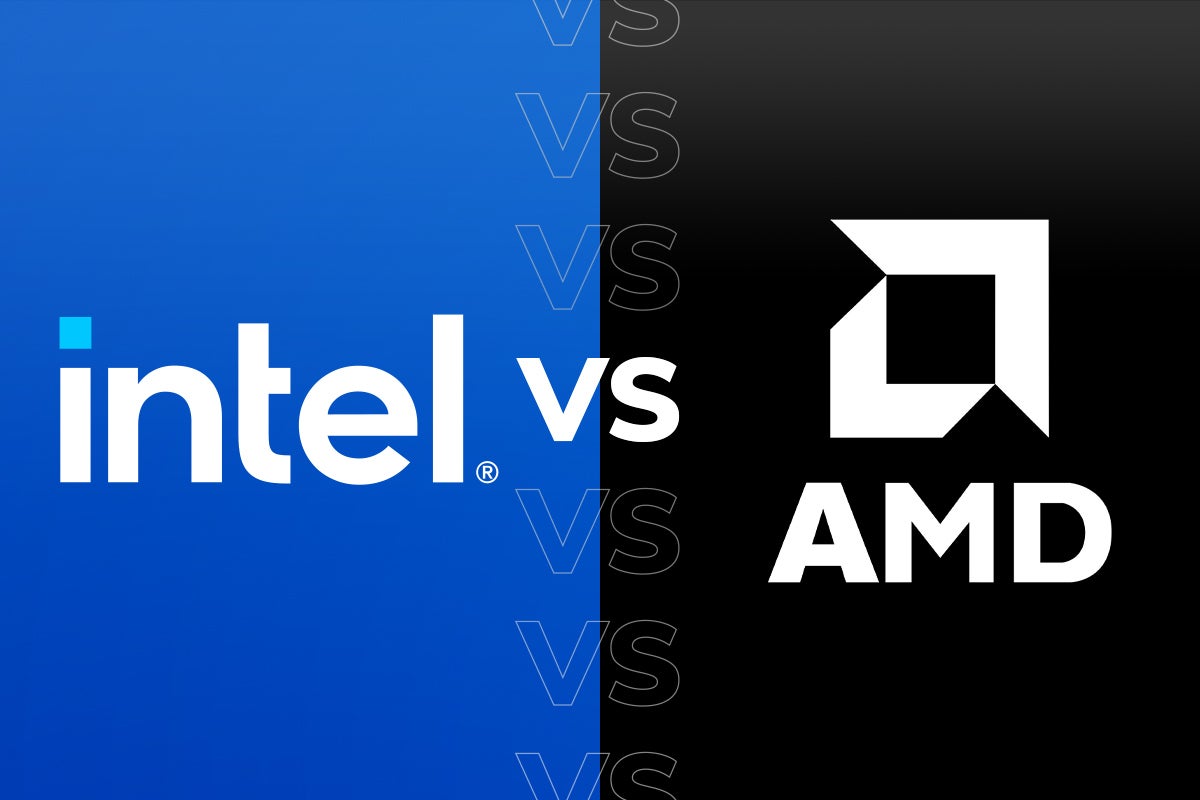The Intel vs. AMD debate has been a topic of discussion among tech enthusiasts for many years. Both companies are well-known for their innovative technologies and high-quality products. While Intel has traditionally dominated the CPU market, AMD has been making a comeback in recent years with its Ryzen processors. In this blog, we will explore the differences between Intel and AMD and try to determine which one is better for different use cases.
Performance
When it comes to performance, Intel has traditionally been the go-to choice for gamers and enthusiasts. Intel's CPUs have a higher clock speed, which means they can process instructions faster. However, AMD has been catching up in recent years with its Ryzen processors, which offer similar performance to Intel's CPUs at a lower cost. AMD's Ryzen processors also have a higher number of cores and threads, which means they can handle more tasks simultaneously.
Gaming
Gamers have traditionally preferred Intel's CPUs due to their higher clock speed and single-threaded performance. However, AMD's Ryzen processors have closed the gap in recent years and are now a viable option for gamers. In fact, many of the latest games are optimized to take advantage of multiple cores and threads, which gives AMD's Ryzen processors an advantage over Intel's CPUs. AMD's Ryzen processors also offer better value for money, which makes them a popular choice among budget-conscious gamers.
Productivity
For productivity tasks such as video editing, rendering, and multitasking, AMD's Ryzen processors are the better choice. This is because Ryzen processors have a higher number of cores and threads, which means they can handle more tasks simultaneously. AMD's Ryzen processors also offer better value for money, which makes them a popular choice among content creators and professionals.
Power Consumption
Intel's CPUs have traditionally been more power-efficient than AMD's CPUs. However, AMD has been making strides in recent years with its Ryzen processors, which are more power-efficient than their predecessors. AMD's Ryzen processors also use less power than Intel's CPUs when under load, which means they generate less heat and are more suitable for compact systems.
Price
AMD's Ryzen processors offer better value for money than Intel's CPUs. This is because Ryzen processors offer similar performance to Intel's CPUs at a lower cost. AMD's Ryzen processors also come with a stock cooler, which means users don't have to spend extra money on a separate cooler.
Conclusion
In conclusion, both Intel and AMD offer high-quality CPUs that are suitable for different use cases. Intel's CPUs are the better choice for gaming and single-threaded tasks, while AMD's Ryzen processors are the better choice for productivity tasks and multitasking. AMD's Ryzen processors also offer better value for money, which makes them a popular choice among budget-conscious users. Ultimately, the choice between Intel and AMD comes down to personal preference and the specific use case.
